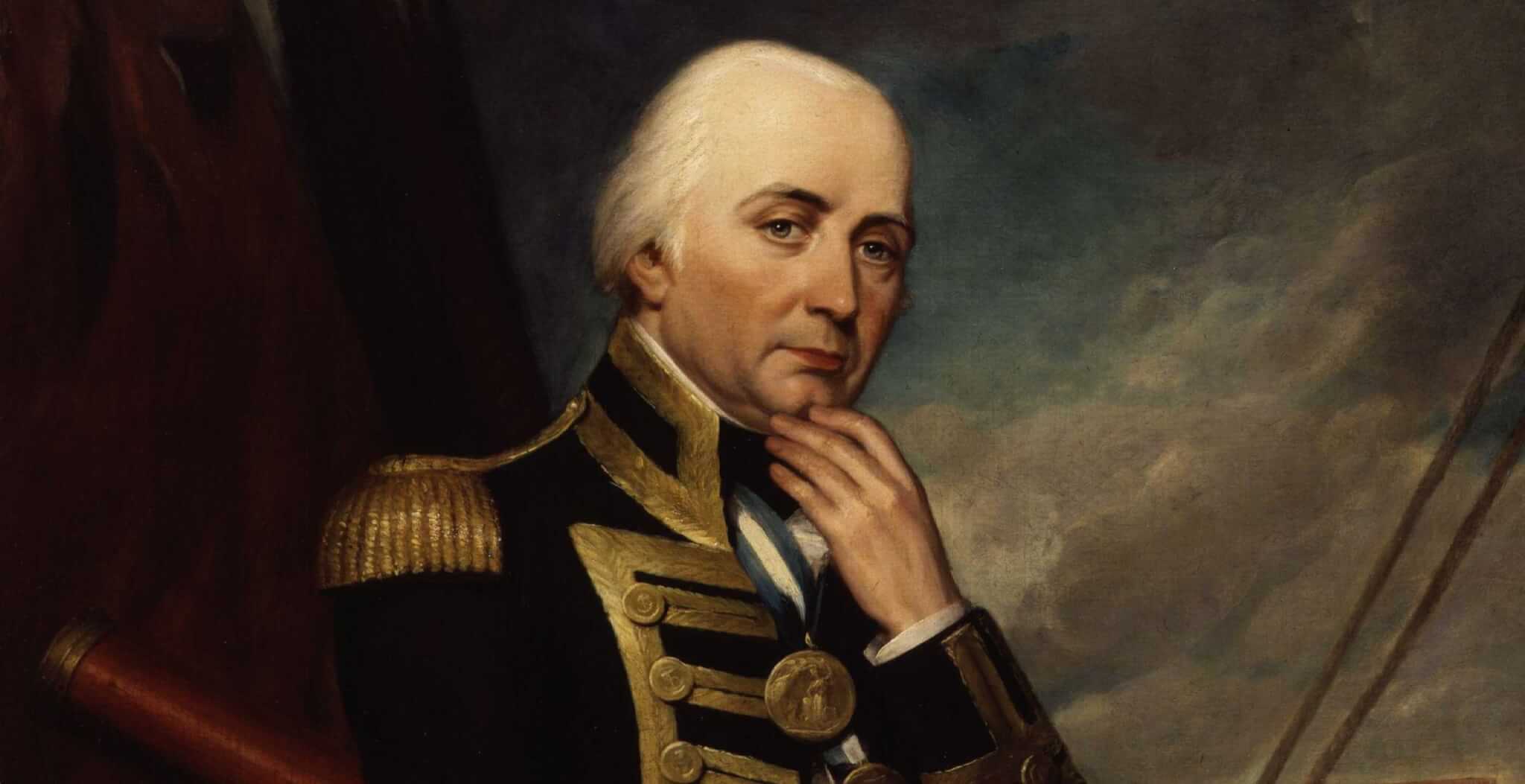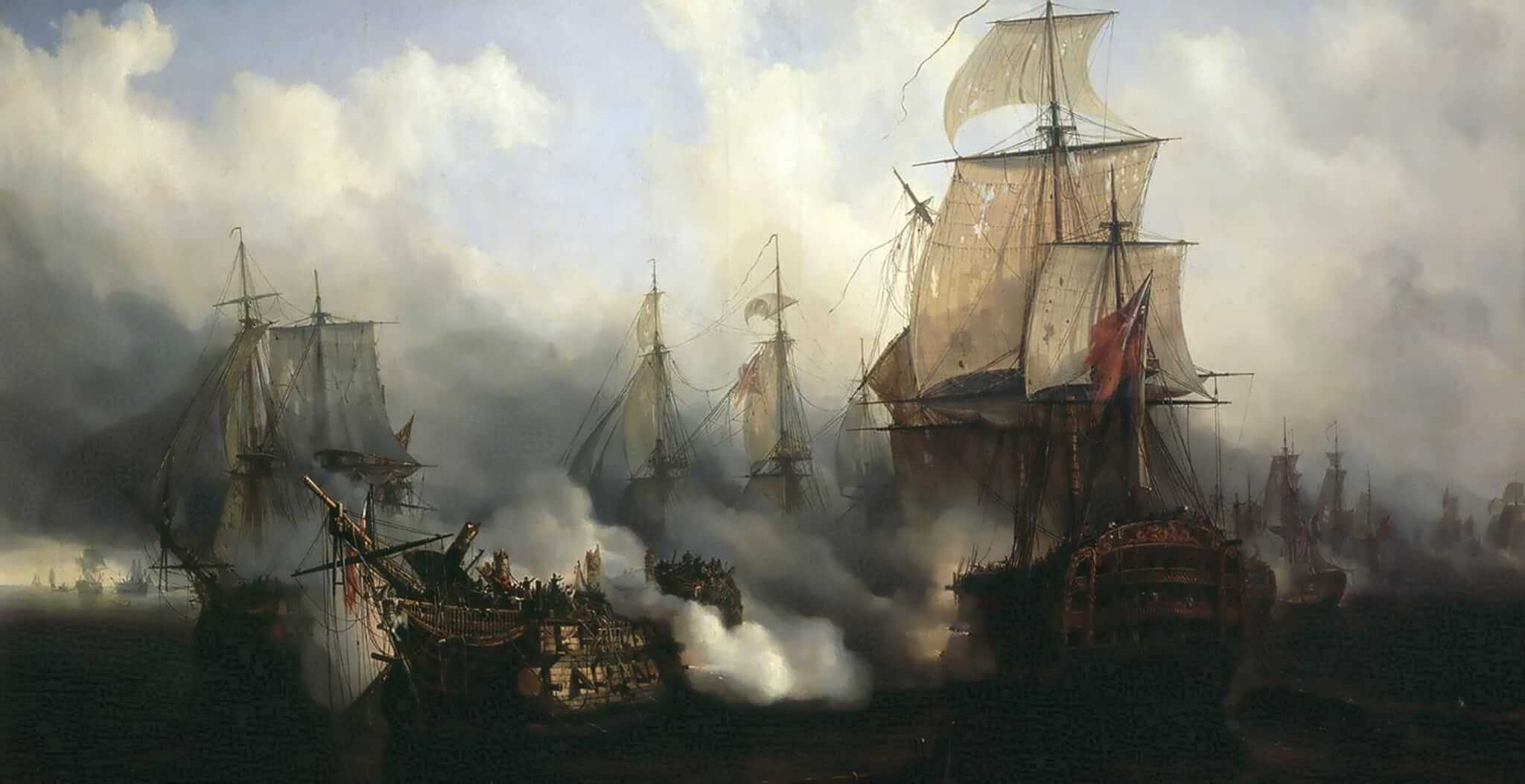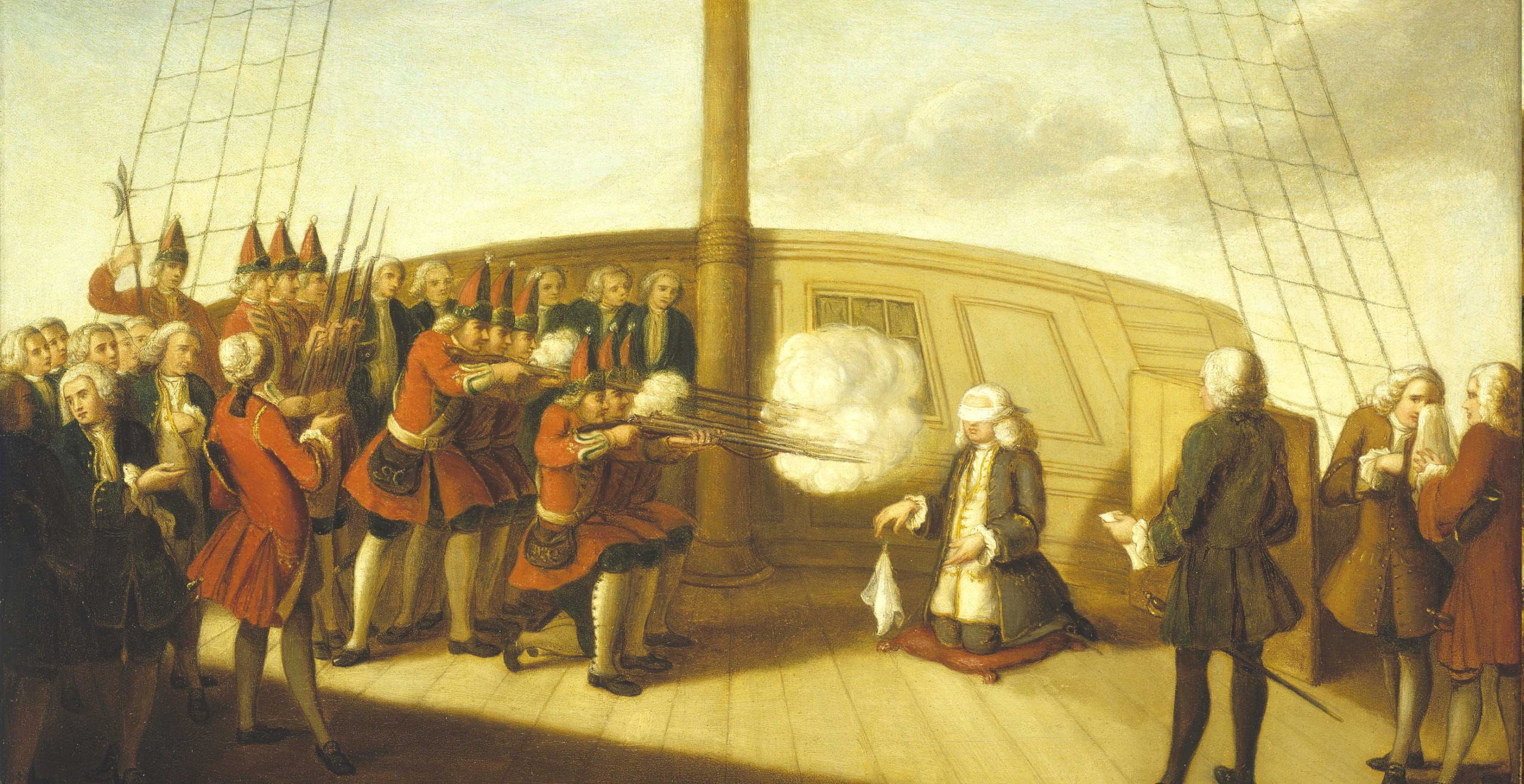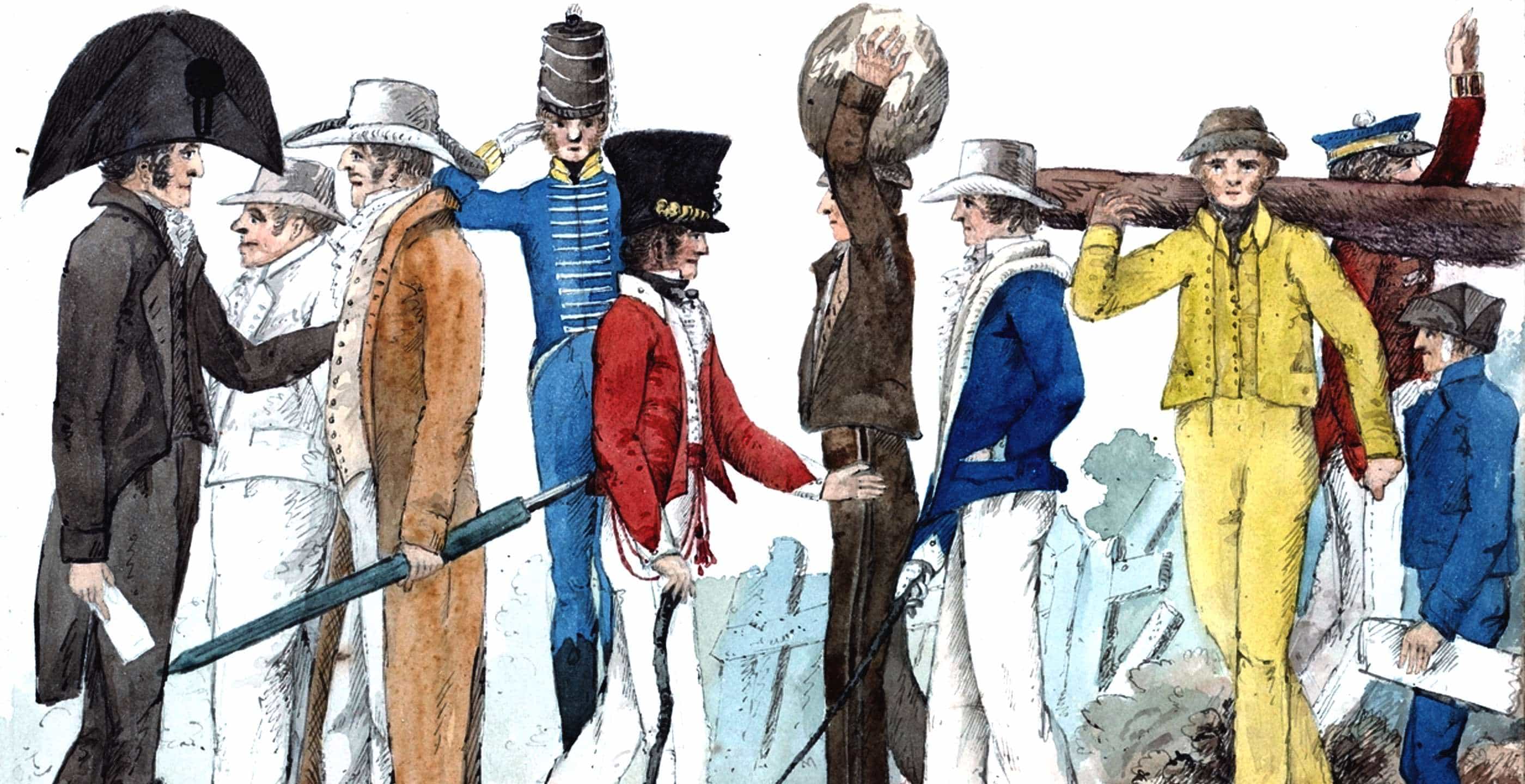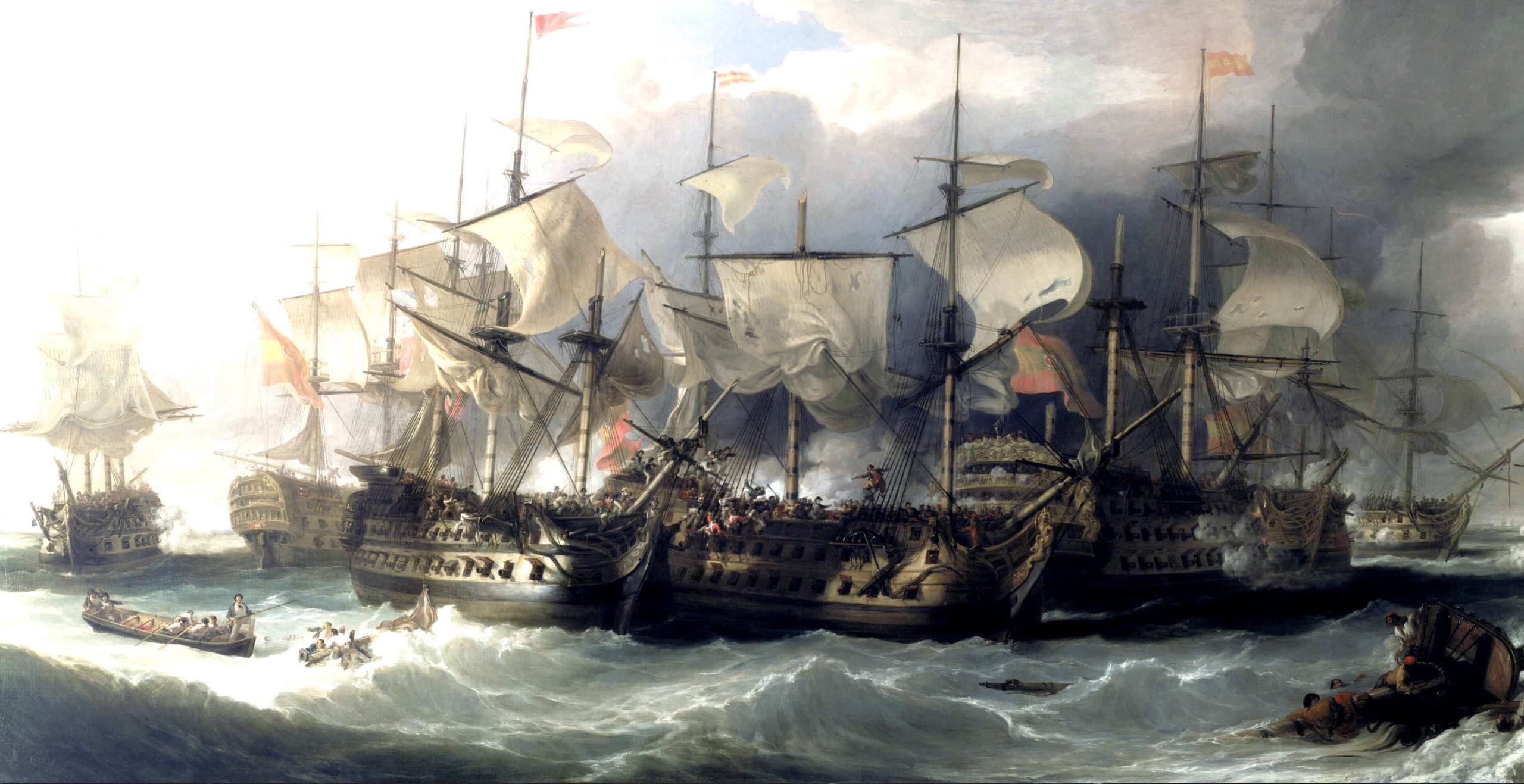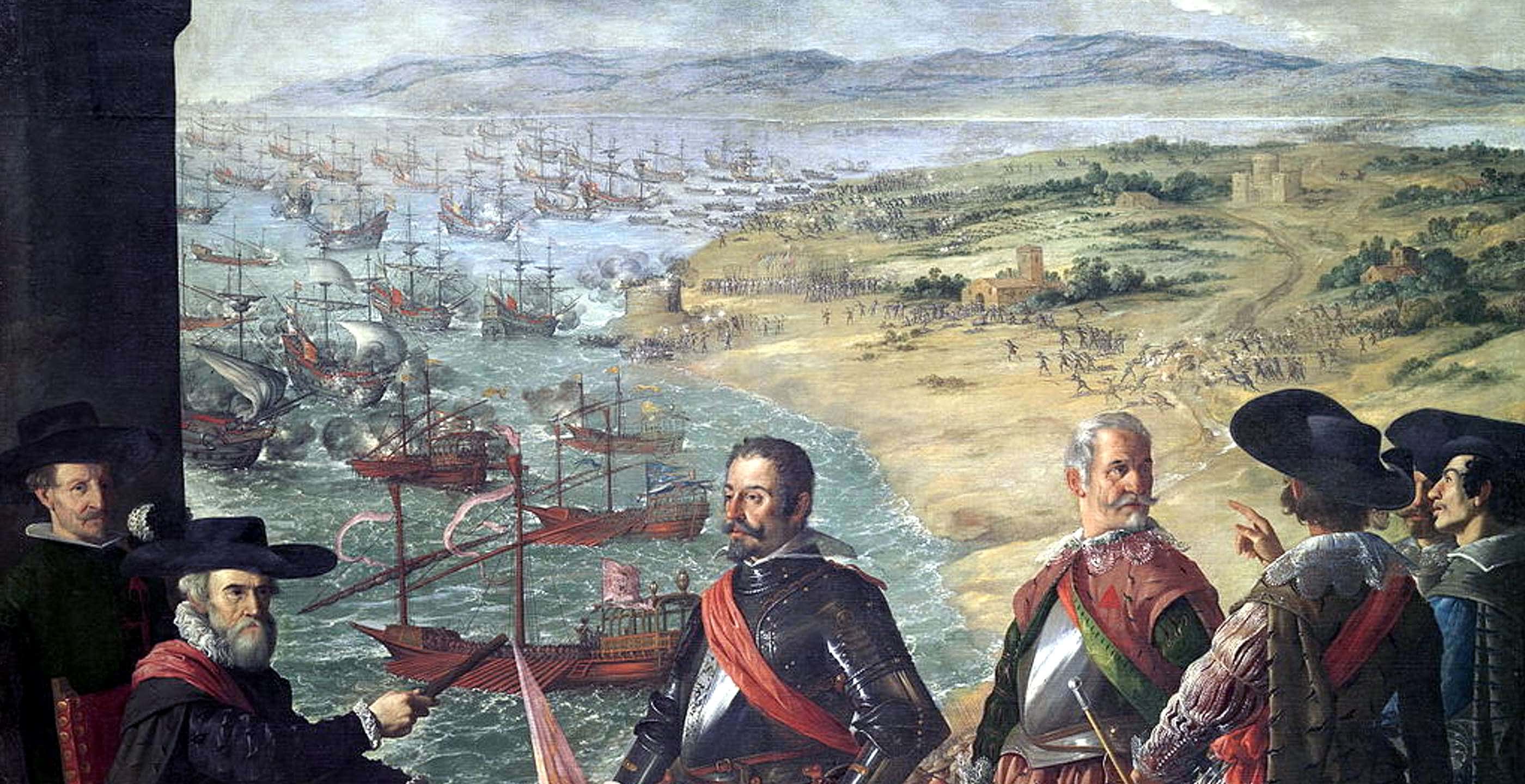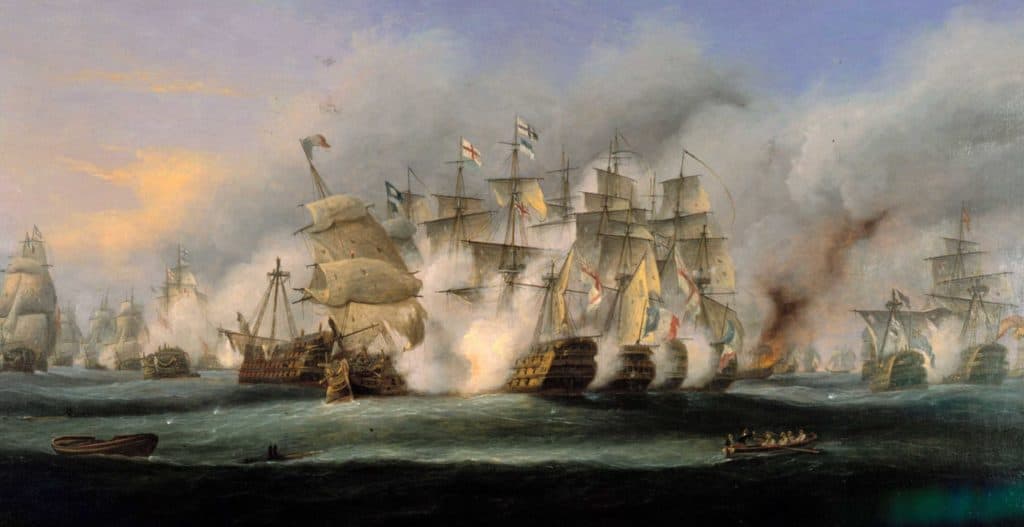The late eighteenth and early nineteenth centuries can be seen as a great age of sail and a great age of heroes. It is an age which has given rise to glorious tales of derring-do and courage. Yet behind such tales are manifold stories of sacrifice and suffering.
It was an era in which men went to sea against unfathomable odds. Even if the brutal fighting of the Napoleonic Wars is put to one side, sailors crossed the ocean and battled the uncompromising elements in wooden ships and harsh living conditions. Supplies ran low, space was cramped and discipline was rigidly enforced. Making port was no guarantee of safety. Places such as English Harbour (Antigua) were notorious, and many sailors fell victim to sickness and disease. Naval life in reality was far removed from how this period is often remembered, as a time of drawing room ease and ballroom gentility. Cuthbert Collingwood, one of the great leaders of British naval history, must be remembered in this context.
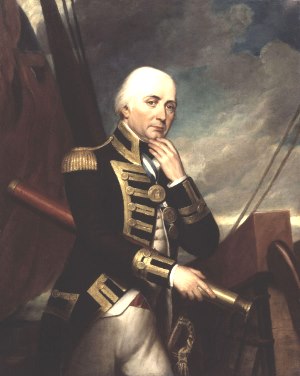
Early Beginnings
Collingwood was born in Newcastle upon Tyne in 1748 and, like many of his contemporaries, embarked upon his naval career aged only twelve. Initially, he served aboard the frigate HMS Shannon. He sailed to Boston in 1774, now serving on HMS Preston, and fought at the Battle of Bunker Hill in June 1775.
He first met a certain Horatio Nelson when they were both midshipmen and a lifelong friendship followed. Their careers developed side by side. In 1777, they served together aboard HMS Lowestoffe. Then in 1779, Collingwood succeeded Nelson as Commander of HMS Badger and in 1780, he once again took over from Nelson as Post-Captain of HMS Hinchinbrook.
After a period of service spent in the West Indies, Collingwood returned to England in 1786 and largely remained there until 1793. This more settled time in his life saw his marriage to Sarah Blackett in 1791.
Yet his naval career often kept Collingwood at sea and far from home. The ramifications of the French Revolution in 1789 were felt across world, and the conflicts it spawned would come to engulf Collingwood’s life. He served at some of the most famous battles of this period, including The Glorious First of June in 1794 and The Battle of Cape St. Vincent in 1797.
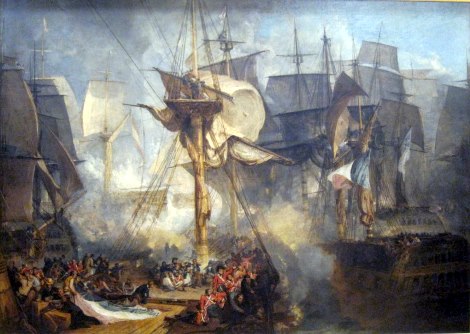
Trafalgar
However, as one of the most famous naval engagements in history, it is for the Battle of Trafalgar in 1805 that Collingwood will be most remembered. Now a Vice Admiral, having been promoted in 1804, he was second-in-command under Nelson.
As the engagement began on 21st October, the British Fleet split into two columns. The first was led by Nelson aboard HMS Victory, while the second was led by Collingwood on HMS Royal Sovereign. As Nelson headed towards the vanguard of the Franco-Spanish Fleet, Collingwood raced towards its rear. The Franco-Spanish Fleet attempted to turn back for Cadiz, but the attempt caused only confusion. Collingwood was the first to break through the Franco-Spanish line and raked the bows of the Fougueux, which had previously fired the first shots of the day.
Watching this, Nelson cried out, “See how that noble fellow Collingwood takes his ship into action! How I envy him!” Abroad the Royal Sovereign, Collingwood asked what Nelson would give to be with them at that moment.
When Nelson succumbed to his injuries at around 5 o’clock, command of the British Fleet fell to Collingwood. Although victory was all but won, this was not the end of the British Fleet’s struggle. Before his death, Nelson had left orders for Collingwood to go to anchor once the battle had ended, in order to ride out the coming storm. Following the surrender of the Franco-Spanish Fleet, Collingwood went against this order. Perhaps wanting to get away from the dangerous shoreline, and aware that many of the heavily damaged ships did not have the ability to go to anchor regardless of what orders he gave, Collingwood instead led the fleet to safety through a violent storm which lasted a week.
No British ships were lost in either the battle or the storm.
Although the Battle of Trafalgar saw Britain triumph over Napoleon at sea, fighting continued on the continent for another decade. Collingwood was appointed Commander in Chief of the Mediterranean Fleet and directed the continuing patrols and blockades. His health began to decline rapidly. Collingwood died in March 1810, as he was finally sailing home to England. Permission to return home had previously been denied.
Conclusion
Throughout his life, Collingwood served His Majesty’s Navy tirelessly. He was raised to the Peerage as 1st Baron Collingwood and, alongside Nelson and Sir Edward Berry, was one of only three men to have received three gold medals during the wars against France.
Before Trafalgar commenced, it had been agreed that there would be no signals during the battle. When Collingwood then saw that the Victory was raising one, he is said to have grumbled at first. After all, everyone already knew what to do. But what this famous signal read is perhaps a fitting acknowledgment to Collingwood: ‘England expects that every man will do his duty’.
Collingwood certainly did his.
Mallory James blogs about nineteenth century history at Behind The Past (https://behindthepast.com/) and has previously had articles published by the online magazine ‘History in an Hour’. She studied history as an undergraduate at UCL and then moved on to postgraduate study at QMUL.
Published: 9th January 2015.
